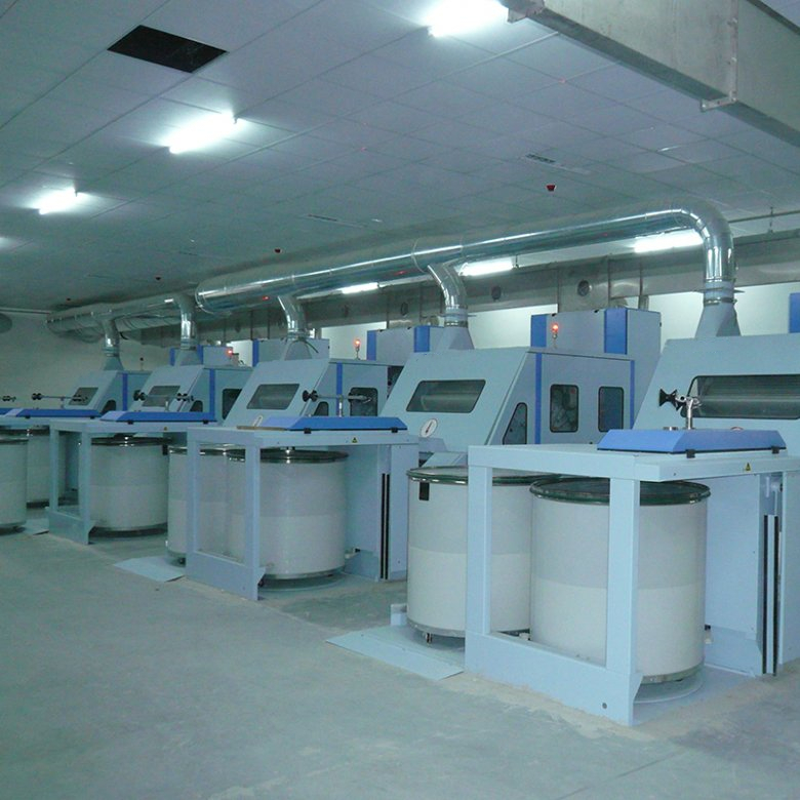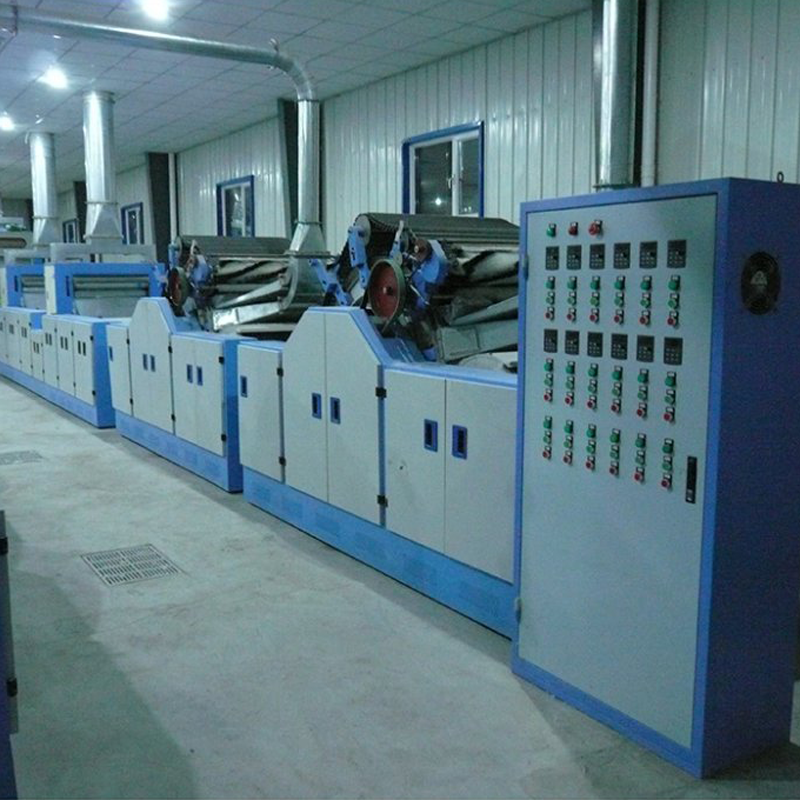Company co-founders Seetharaman Basavanahalli, Vinay Kumar, and Rajeev Dixit developed the technology after the Covid-19 pandemic caused major disruptions to the domestic paper industry.
‘Having spent over a decade as a professional in the social sector, there was a hunger to create a social enterprise where innovation was at the forefront,’ says Indic Initiatives ceo Kumar. ‘I had been in touch with Basavanahalli, a scientist turned businessman and was always fascinated by his scientific temperament and innovative quotient. Through him, I got introduced to Dixit who was extraordinary with respect to recycling capabilities. What glued us together was our shared principle at the core: social impact first.’ Woolly Mixing Machine

The company is selling two models of the pulping machine. The first processes paper such as tissues, cups, and tetrapacs while the second recycles agricultural fibre such as banana, jute, pineapple, and cotton. Both models are available in two sizes: a nano machine, capable of handling 15-20kg of paper per day, and a micro machine that can recycle up to 200kg per day.
The smaller machine costs INR 8 lakh (EUR 8 700) while the higher capacity machine costs INR 30 lakh (EUR 37 000).
Chief technology officer Basavanahalli says the issue of paper disposal in India needs to be addressed at source, which is why the company wants to install its machines in offices and commercial spaces.
‘The idea is to set up small machines at waste generation sources stemming from the fact that scrap paper usually gets damaged or more likely to lose its way while being transported to a large recycling facility,’ Basavanahalli observes. ‘Instead of a centrally controlled method of recycling, we decided to create a network of small manufacturing units to solve the crisis right at the source.’
The machines can already recycle banana trunks, jute, white cotton, mixed colour cottons and water hyacinth. The company is currently evaluating the potential for making paper from linen/flax, pineapple, hemp, bamboo, cotton stalks, mulberry stalks, coconut coir, and areca nut coir.
Post-consumer paper cups and aseptic cartons can also be recycled into bleached or unbleached pulp boards. The company says that the pulp generated by its machines can eventually be turned into high-strength paper for use in packaging. Lastly, the system can recover clean plastic, aluminium coatings, and hazardous ink waste for reuse.
‘At present, we have a couple of leads where we are close to finishing a deal with a waste management NGO and a corporate office for our machines,’ Basavanahalli says. ‘We also want to create a source of income for informal waste pickers who can manage the recycling process of these machines and help market the pulp to different paper-making industries.’
Don't hesitate to contact us to share your input and ideas. Subscribe to the magazine or (free) newsletter.
Your email address will not be published. Required fields are marked *
This site uses Akismet to reduce spam. Learn how your comment data is processed.
Do you think 2024 will be a good year for the recycling industry?

Carding Machine Textile Stay on top of developments across the markets with our weekly newsletter.